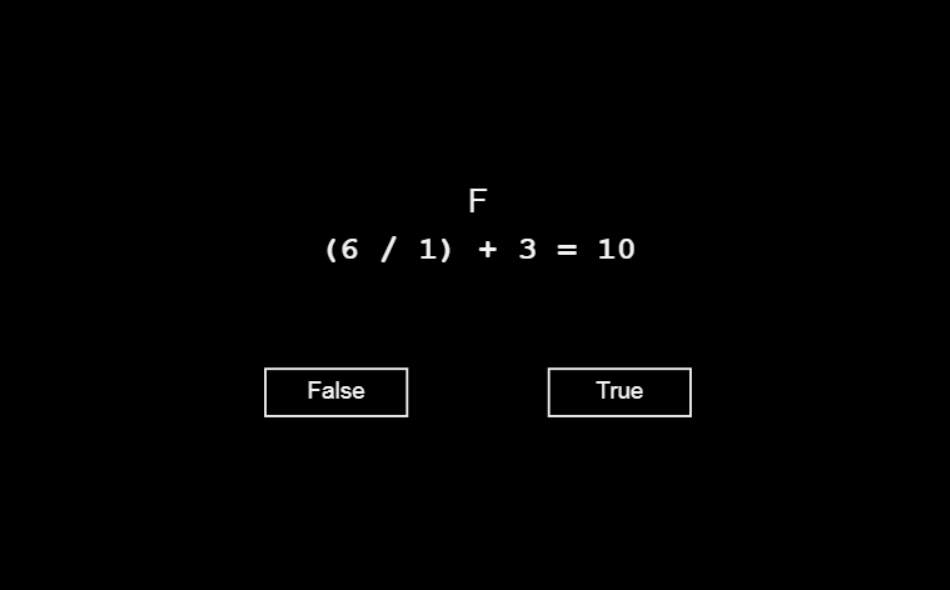Operation Memory Span

Memory Span task require test participants to remember a sequence of items and then recall those items in the right order. Measuring the largest size of correctly recalled item sequence is considered to be a measure of working memory capacity.
However, in real life, working memory capacity is not only a cognitive skill of memorizing items, but on allocating the capacity to the recall task vs. other potentially distracting tasks. To measure this executive function of memory resource management, the operation span task is introducing a secondary task interweaving with the memory task (Lammert et al., 2019, Redick at al. , 2012)). In the case of the OSPAN task, the secondary task is solving a math problem.
The Cognition Lab version of OSPAN is inspired by the automated version of the operation span task validated by Unsworth et al. (2005). However, in the Cognition Lab version the to be memorized item precedes the math problem task instead of following the math problem. This ensures that all memory items are followed by a math problem including the last item. To reduce the number of responses a test participant has to make, the math problem is displayed together with the result in a single screen.
Since the OSPAN task is implemented with the ERTS Script Language, the test can be completely modified. For example instead of using the method of constant stimuli and presenting a fixed set of different length of to be recalled items, the task can also be administered as a an adaptive staircase process to determine the length of the item sequence a subject can master with a certain percentage.
The OSPAN task has been proven to be sensitive to sleep deprivation and is used for pilot testing to predict flight performance (Lopez et al., 2011).
Publications
Conway, A.R.A., Kane, M.J., Bunting, M.F. et al. Working memory span tasks: A methodological review and user’s guide. Psychonomic Bulletin & Review 12, 769–786 (2005). https://doi.org/10.3758/BF03196772
Lammert, M., Morys, F., Hartmann, H., Janssen, L. K., & Horstmann, A. (2019, August 9). MIS – A new scoring method for the operation span task that accounts for Math, remembered Items and Sequence. https://doi.org/10.31234/osf.io/ue3j8
Lopez, N., Previc, F. H., Fischer, J., Heitz, R. P., & Engle, R. W. (2012). Effects of sleep deprivation on cognitive performance by United States Air Force pilots. Journal of Applied Research in Memory and Cognition, 1(1), 27–33. https://doi.org/10.1016/j.jarmac.2011.10.002
Redick, T. S., Broadway, J. M., Meier, M. E., Kuriakose, P. S., Unsworth, N., Kane, M. J., & Engle, R. W. (2012). Measuring working memory capacity with automated complex span tasks. European Journal of Psychological Assessment, 28(3), 164–171. https://doi.org/10.1027/1015-5759/a000123
Unsworth, N., Heitz, R.P., Schrock, J.C. et al. An automated version of the operation span task. Behavior Research Methods 37, 498–505 (2005). https://doi.org/10.3758/BF03192720
This script is not disclosed since it is used in professional context for cognitive assessment. The script is available at no charge in combination with a Cognition Lab subscription or clinical study related license.
